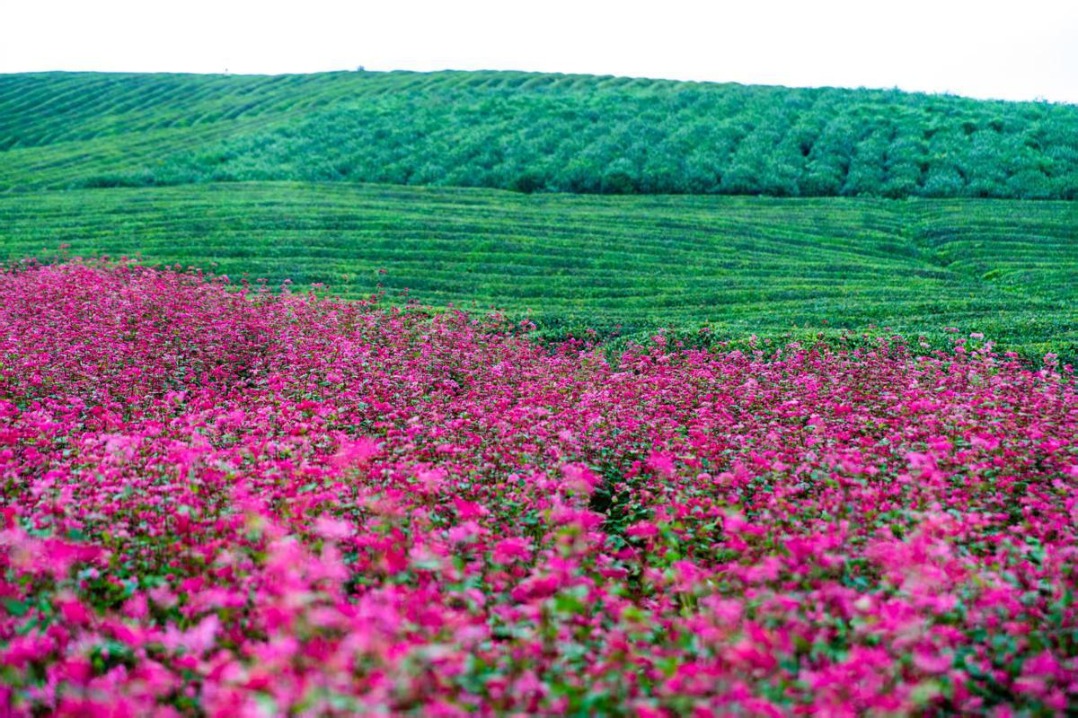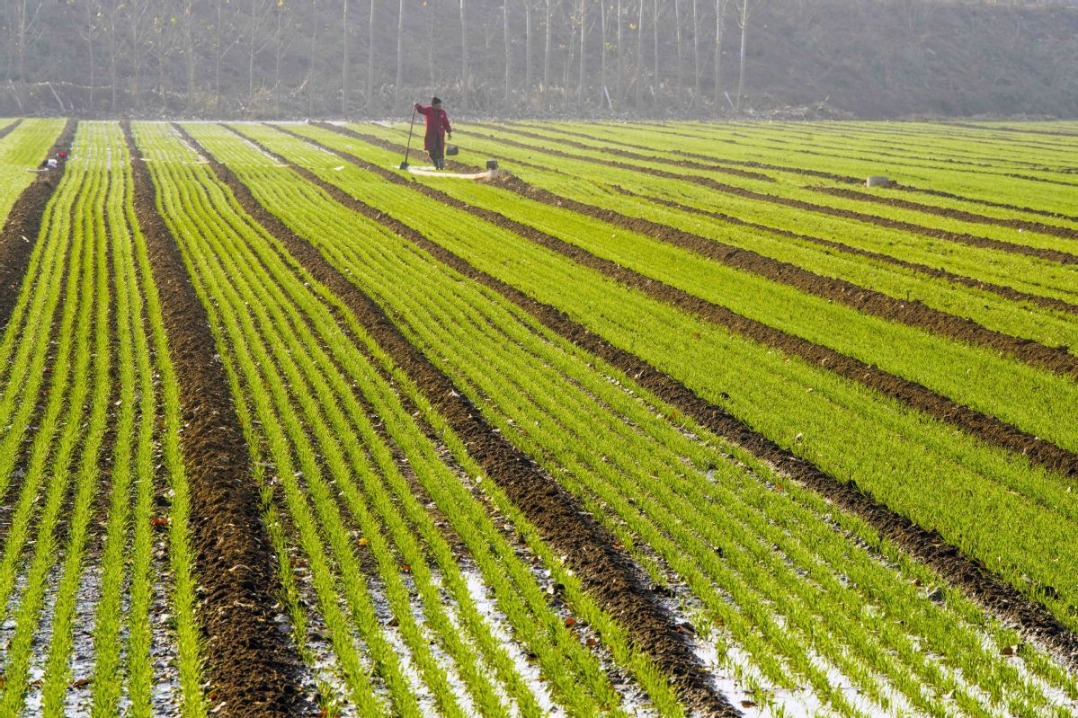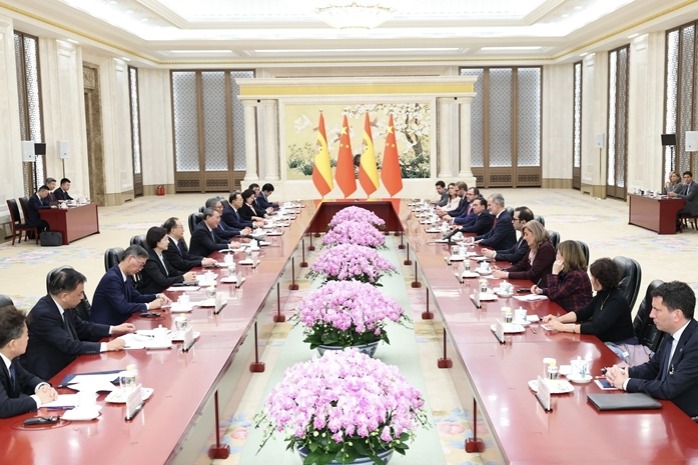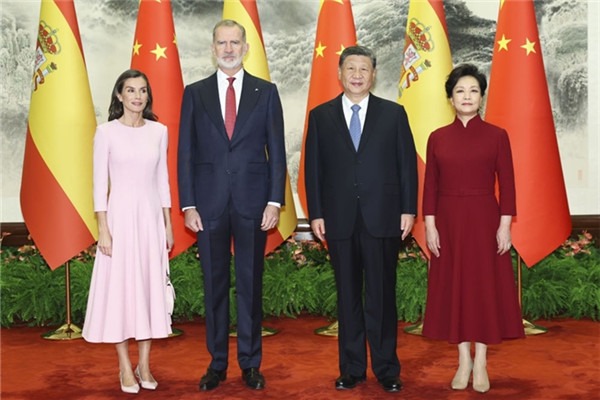Entrepreneur finds grass is greener

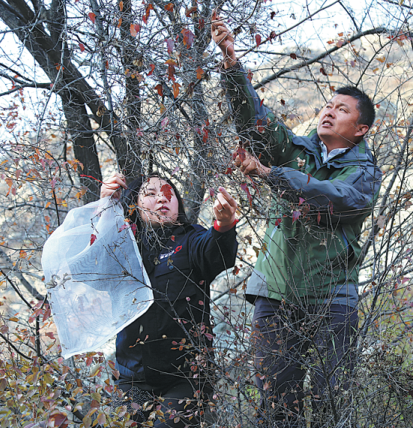
Born into a herding family in the Inner Mongolia autonomous region, Wang Zhaoming, 52, earned his wealth from an underappreciated but widespread natural resource-grass.
His company, the Inner Mongolia M-Grass Ecology and Environment Group, has garnered a reputation as a pioneering business in the region. It specializes in ecological restoration, seed technology and state-of-the-art grass cultivation methods.
Wang was born into a poor family with six children.
"Education was our only chance to change our lives back then," he said. "So, I studied very hard with the belief I could have a better life by going to college".
Wang took the gaokao, the national college entrance exam, four times before he was finally admitted to the Inner Mongolia Agricultural University. "My parents couldn't afford my tuition fees, so my father packed a large bag of wool for me, which was later sold," he said.
During his four years at the university, Wang spent all his spare time selling flowers. When he graduated in 1997, he already owned three flower shops in Hohhot, which brought him an annual income of about 90,000 yuan, more than 10 times the average national income at the time.
Despite his success, a "hurtful" conversation he overheard between a mother and her daughter spurred him on to greater heights. Standing outside one of his flower shops, the woman told her young daughter to spend more time studying.
"Otherwise, the mother said, the girl would only be a flower seller like me," Wang said pointing at himself with a helpless expression. "After that, I decided to make my career more high-profile."
In 2001, he established a company focusing on landscape greening and won a lucrative government project.
"Different from other bidders who give a per-square-meter quote on the grass, I directly gave an overall cost for the project and won the tendering process," he said.
Wang's direct and honest approach quickly secured him more projects.
In 2003, his company turned its focus to native plants, which are high maintenance and more expensive than laying grass sods sourced from South China or overseas, their core business until then.
"I lay on the bed and my mind was full of images of flowers and greenery from the area where I grew up," he said.
"They were full of vitality, even in places where conditions were poor, and I thought, why not use them to green our cities?"
In 2013, Wang was selected as a member of the 12th National Committee of the Chinese People's Political Consultative Conference and he submitted a proposal calling for the promotion and protection of local plants.
"Currently, over 90 percent of the grass seeds used for environmental construction, planting meadows and city grasslands are imported," he said.
During this year's annual CPPCC meeting, a Ministry of Agriculture and Rural Affairs survey revealed that there has been steady erosion in the country's crop germ plasm resources, or characteristic crops.
To reduce the overseas dependence, Wang believes it is necessary to collect, identify, evaluate and protect crops with local features and bring them under the control of a national characteristic seed industry system.
"I always believed that the environment was smart enough to help us," Wang said. "Native plants are the best and safest solutions for ecological rehabilitation."
As the 14th Five-Year Plan (2021-25) has termed ecological construction as a strategic perspective, Wang stressed the need to build a national seed bank system.
"The safety of the seed industry guarantees food safety. Characteristic grass seeds can help in creating adequate meadows, and this, in turn, will reduce livestock's dependence on grains," he said.
He emphasized the role grass can play in the country's battle against desertification. "China can have vast grasslands along its border, which will be very helpful in curbing the trend," Wang said.
In recent years, a research team from M-Grass has collected more than 12,000 grass seed samples, nearly 100,000 plant samples and more than 1.4 million soil samples.
In 2016, it also set up an ecological big data system, integrating information on grass, soil, water, meteorology, livestock and microbial organisms. Now it holds 62,000 graphic representations of data on plant germ plasm resources in China, which can calculate "green solutions" in seconds.
"We will continue to do research on different types of grass," Wang said. "This will play a big role in environmental protection and help boost the economy."
- Building an effective global communication discussed at Hunan forum
- Cleaning staff transform fallen ginkgo leaves into campus art sensation
- Chinese scientists weave tiny polymer capable of towing car
- Hebei to expand transportation projects during 15th Five-Year Plan period (2026-30)
- Nankai University scholar publishes long-lost Latin translation of Tao Te Ching
- Aurora seen in Heilongjiang, NE China



















